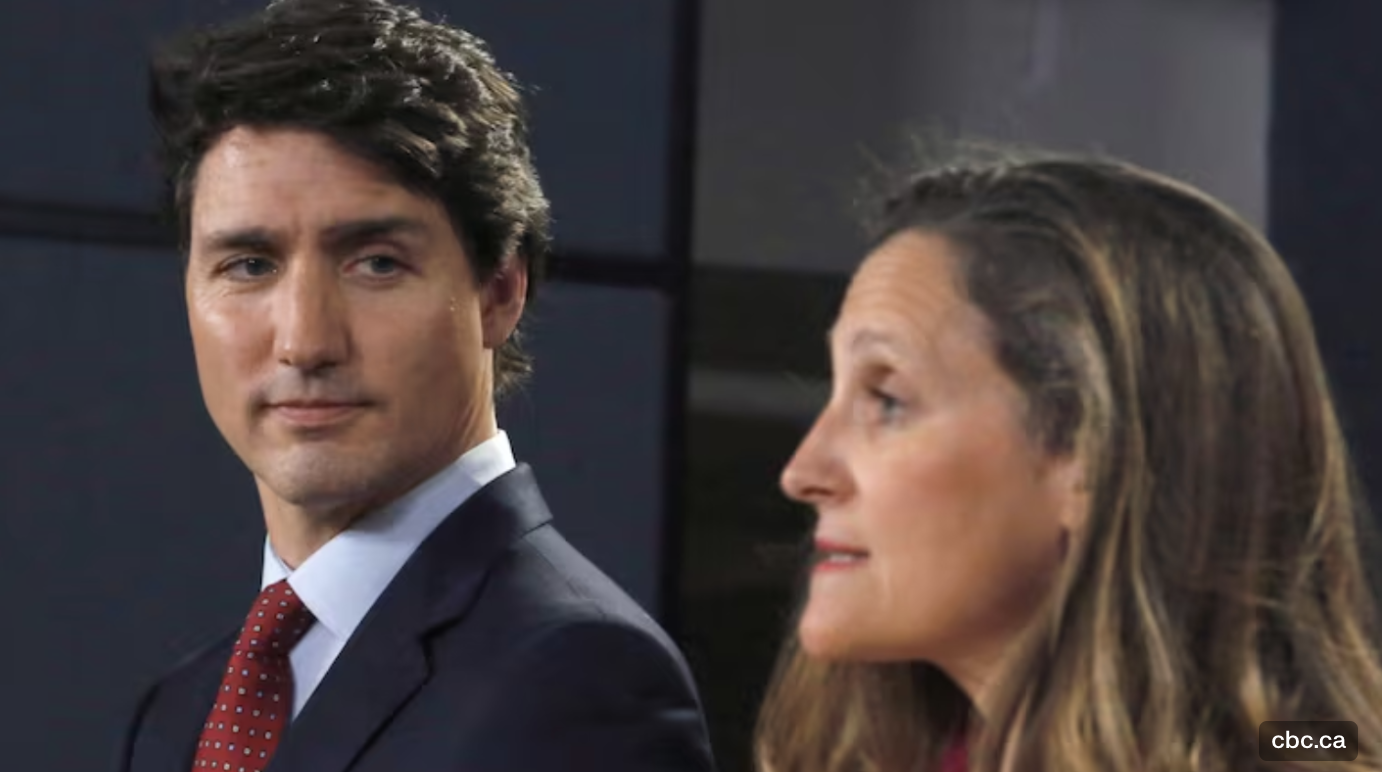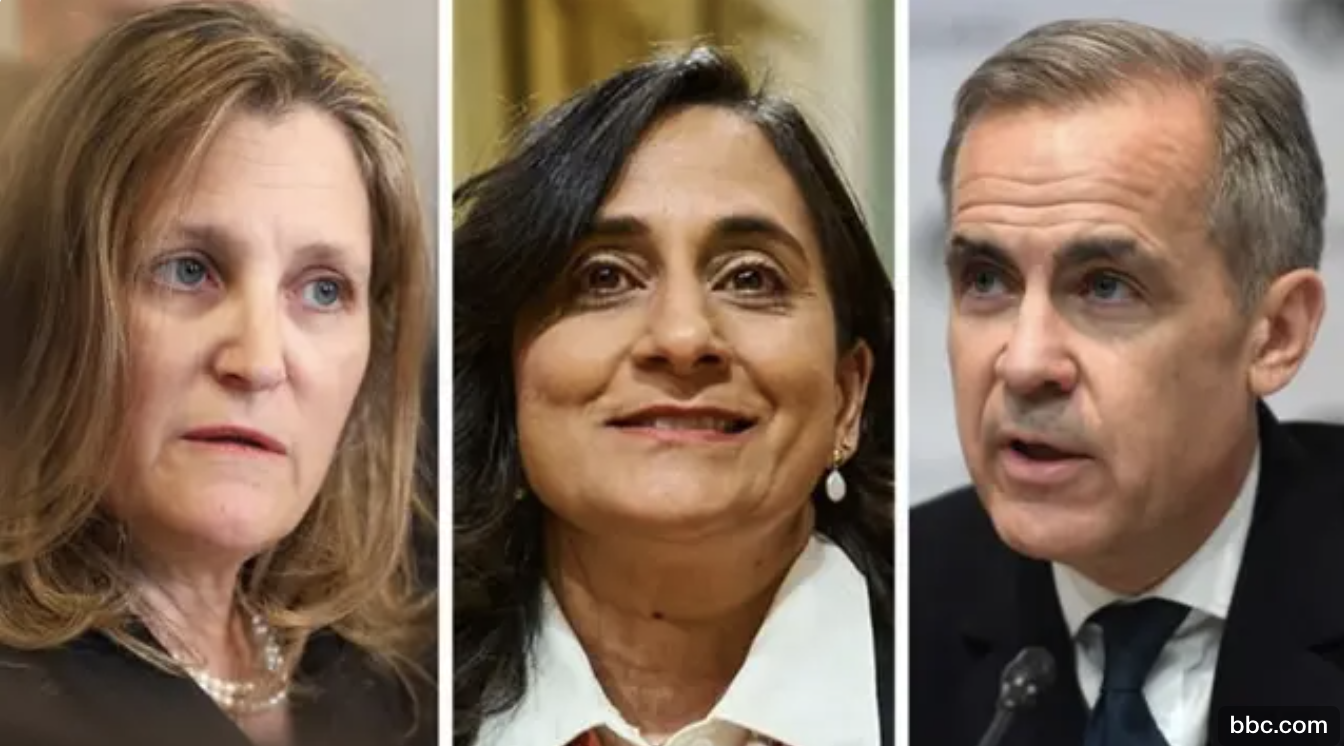
Did Justin Trudeau Resign Today ?
Reports from CNN and BBC News reveal that Canadian Prime Minister Justin Trudeau announced his resignation on Monday, January 6, 2025.
After serving nearly a decade in office, Trudeau cited internal party conflicts as a key factor influencing his decision.
Additionally, he emphasized the importance of fresh leadership to prepare the Liberal Party for the upcoming general election.
This announcement marks a significant shift in Canadian politics, given Trudeau’s long-standing presence as a prominent national leader.
Trudeau expressed gratitude for his time in office, highlighting his commitment to ensuring a smooth transition for his successor.
Trudeau’s Resignation Announcement Details
Justin Trudeau delivered his resignation speech outside his Rideau Cottage home in Ottawa, addressing the audience in both English and French.1
He announced plans to step down as prime minister and party leader after the Liberal Party selects a new leader.
Trudeau emphasized the importance of a “robust nationwide competitive process” to choose his successor and strengthen the party’s future.
He highlighted his gratitude for serving Canadians, expressing pride in his government’s achievements over nearly a decade in office.
Additionally, Trudeau urged the Liberal Party to remain united, focusing on key issues to prepare for the upcoming general election.
His resignation marks a pivotal moment, signaling the beginning of a new chapter for the party and Canadian politics.2
Trudeau acknowledged that internal conflicts were hindering his ability to be the best candidate for the upcoming election6.
Parliament will be prorogued until March 24, 2025, ending the current session and halting all legislative processes3.
Trudeau will remain prime minister with full powers until a new Liberal leader is chosen3.
He cited the need for a “reset” and to “bring the temperature down” in Canadian politics as reasons for his decision4.
The resignation comes amid mounting pressure from within the Liberal Party, with over 20 MPs publicly calling for his departure5.
Chrystia Freeland’s Impact on Resignation

Chrystia Freeland’s abrupt resignation as Deputy Prime Minister and Finance Minister in December 2024 played a pivotal role in precipitating Trudeau’s downfall. Her departure, citing disagreements over economic policy and the approach to potential U.S. tariffs, threw the government into chaos and significantly weakened Trudeau’s position12. Key impacts include:
The resignation highlighted Trudeau’s strained relationships with prominent women in his cabinet, reigniting criticism of his feminist credentials7.
Freeland’s resignation exposed deep rifts within the Liberal cabinet and eroded confidence in Trudeau’s leadership34.
Her departure as finance minister on the eve of a crucial economic update created political and economic uncertainty4.
Freeland emerged as a credible alternative to Trudeau, with several Liberal MPs publicly expressing support for her potential leadership bid56.
Internal Liberal Party Conflicts
The internal conflicts within the Liberal Party that led to Trudeau’s resignation stemmed from several key issues:
The corruption scandal linked to the Sustainable Development Technology Canada (SDTC) further eroded trust in Trudeau’s governance, with allegations of millions awarded to ineligible recipients1. This scandal exacerbated existing tensions and raised questions about the party’s integrity under Trudeau’s leadership.
Over 20 Liberal MPs publicly called for Trudeau’s resignation, with many more expressing dissent privately1. This unprecedented revolt within party ranks signaled a severe loss of confidence in his leadership.
Chrystia Freeland’s resignation exposed deep disagreements over economic policy, particularly regarding preparation for potential tariffs from the incoming Trump administration23. Her departure highlighted the rift between Trudeau’s political maneuvering and more fiscally conservative elements within the party.
Future Leadership Contenders

Several prominent figures have emerged as potential contenders to replace Justin Trudeau as Liberal Party leader:
- Chrystia Freeland, former Deputy Prime Minister and Finance Minister, is widely considered a frontrunner. Her experience in high-profile cabinet roles and handling of trade negotiations with the Trump administration have bolstered her credibility12.
- Mark Carney, former Bank of Canada and Bank of England governor, is actively considering a leadership run. His economic expertise could be valuable in addressing Canada’s housing and inflation challenges34.
- Other potential candidates include Foreign Affairs Minister Melanie Joly, Natural Resources Minister Jonathan Wilkinson, and Government House Leader Karina Gould56. Each brings unique strengths and experiences to the potential leadership race.
The upcoming leadership contest will likely focus on economic issues, Canada-U.S. relations, and strategies to revitalize the Liberal Party’s electoral prospects in the face of declining popularity7.
Public Reaction to Resignation
Public reaction to Justin Trudeau’s resignation was mixed, ranging from relief to celebration across Canada. 1Many expressed optimism for change, with some businesses, like a Langley Dairy Queen, marking the occasion with promotions. 2Conservative critics celebrated on social media, while political figures like Jody Wilson-Raybould offered measured responses, thanking Trudeau for his service but noting the need for change. 3The business community also reacted, with the Canadian Chamber of Commerce CEO praising Trudeau’s decision and highlighting economic challenges ahead.45
The political landscape often sparks curiosity and speculation, and recent discussions about Justin Trudeau’s resignation are no exception. While today’s headlines may be buzzing, it’s important to reflect on the historical context of political resignations in Canada.
For instance, Trudeau’s 1984 resignation reasons offer valuable insights into pivotal moments in Canadian political history. Understanding these events can provide a deeper perspective on how leadership transitions shape a nation’s future.
